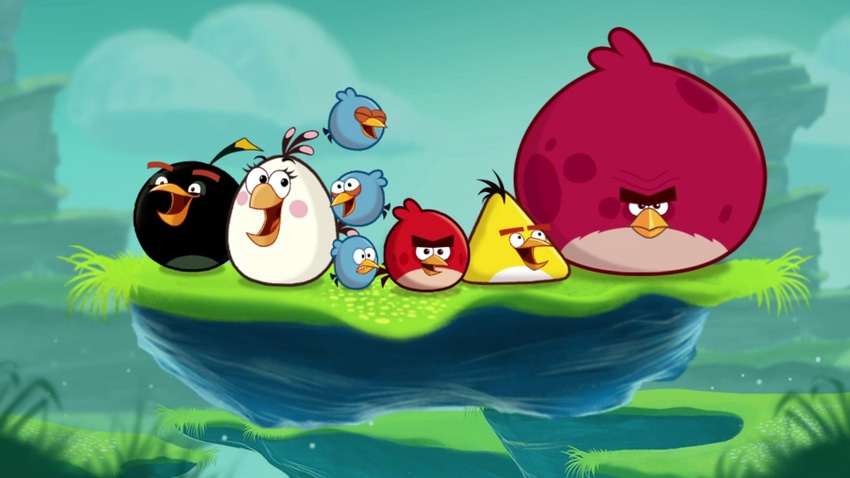Angry Birds longevity can’t prevent Rovio decline
Consumers might be spending more each year in the app economy, but Rovio’s struggles prove just how difficult it is to be a success in the cut-throat world of mobile gaming.
August 20, 2018

Consumers might be spending more each year in the app economy, but Rovio’s struggles prove just how difficult it is to be a success in the cut-throat world of mobile gaming.
With the app economy becoming increasingly more mainstream, there are opportunities to make cash, though innovation is key. As consumers are faced with a tsunami of content and apps, cutting through the noise is becoming more difficult. Investing heavily to create a franchise seems to be the winning formula; the quality versus quantity argument. Rovio has one of the digital world’s most well-known titles in Angry Birds, but it seems not even this is enough to take the firm to the next level.
Looking at the numbers could be deemed a slightly depressing read. For the first six months of 2018, revenues were €137.5 million, down 9.9% in comparison to last year, operating profit was €15.2 million, down 21.4%, while the number of employees was also down 12%. Perhaps worrying even further was capital expenditure of €300,000 over the first half, down from €5.8 million across the same period in 2017. With so little being spent, you have to wonder whether there is anything new in the product pipeline.
With the abundance of choice on the app market stores, consumers get easily bored. The Angry Birds franchise has served the team very well over the years, it was initially launched in 2009, and continues to make money. But without new titles to support and eventually succeed the cash-cow, these profits will eventually erode to nothing. Nothing lasts forever, just as Nintendo as Mario finds his place in the memory banks alongside dial-up modems and the floppy disk.
Rovio is doing a remarkable job of sweating the Angry Birds brand, but the pressure is beginning to tell. Having released 17 iterations of the game and four spin-offs, growth is still there, but it’s getting smaller and smaller. Revenues derived from games was €122.1 million, an increase of 3.5% year-on-year, but this is nothing compared to the 56.7% rise in H1 2017 compared to H1 2016. Not many companies will have the pleasure of experiencing such a vast boom in revenues, though it does seem Rovio has not been able to capitalise on this momentum with launches to support the success of Angry Birds.
This is an excellent example of sweating assets, films have been launched and also three seasons of TV content, though this can only go on for so long. Licensing revenues were down significantly, though investors were warned this would be the case. Slow erosion does appear to be the trend of the day here. Share price has not moved notably, though considering it fell off a cliff following a profit warning in February, perhaps investors are expecting little from Rovio aside from dividends. With most internet companies asking investors to forget about today’s financials, instead concentrating on the potential of the business, it is an interesting approach from Rovio.
Angry Birds will continue to make money, but Rovio needs to produce more titles to stimulate growth and the profit column. The risk is just being known as an ‘also ran’ in the digital race, and with so little being allocated to the capital expenditure column, we suspect it will only continue down this route.
Rovio execs seem to be happy with the 15 minutes of fame and have no ambition for anything greater.
About the Author(s)
You May Also Like











_1.jpg?width=300&auto=webp&quality=80&disable=upscale)


.png?width=800&auto=webp&quality=80&disable=upscale)